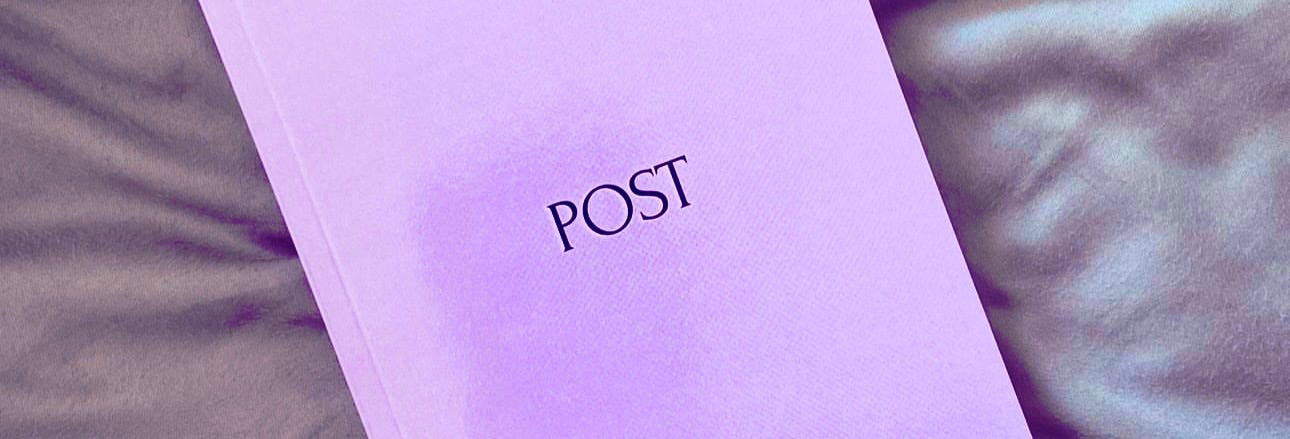I’ve been re-watching the Harry Potter films as I recover from a scooter accident, which left me banged up with a bruised rib. Along with The Lord of the Rings, it remains my comfort watch around the holidays or when I’m sick. Unfortunately, Harry Potter has gotten less comforting now that I have to separate it from its creator’s betrayal of my Queer community. The conversations about J.K. Rowling’s vendetta against Trans folks are about to get even more uncomfortable as HBO launches its reboot of the series, premiering in 2026.
Maybe it’s because I’m feeling very sensitive to physical violence, but on this re-watch, I noticed something: physical transformation is a recurring and negative motif in the Potterverse. Characters change their bodies, often through violent, painful means, in order to deceive, harm, or kill people. A teacher turns into a cat to trick students. Another teacher is secretly a werewolf. A man turning into a dog is an omen of death. A snake turns into a murderous old woman. Animal transfiguration spells are used as punishment on students. The painful and disgusting Polyjuice Potion, which can turn characters into other people, is used to spy, rob a bank, kidnap, and attempt murder. The villain achieves his final form through body horror and human sacrifice.
I don’t care to unpack how J.K. Rowling became such a rabid, transphobic bigot or why, after so much success and money, she remains so thirsty for attention. I do wonder if she’s ever witnessed the joy of a loved one’s gender transition, but I think I know the answer to that. Her loss, really.
We often try to separate the artist from the art, as if it’s even possible—as if they aren’t inseparable on a primal level. Artists put our hopes and nightmares into our work. Her fear of a changing body is all over hers. I believe that once an artist creates something, it belongs to the world. Artists are merely vessels of the divine. In the case of Harry Potter, we get to keep its magic, and J.K. Rowling gets to keep its fears.
More on the intersection of media and Queerness in my book POST.
Keep reading with a 7-day free trial
Subscribe to Herrera Words to keep reading this post and get 7 days of free access to the full post archives.






